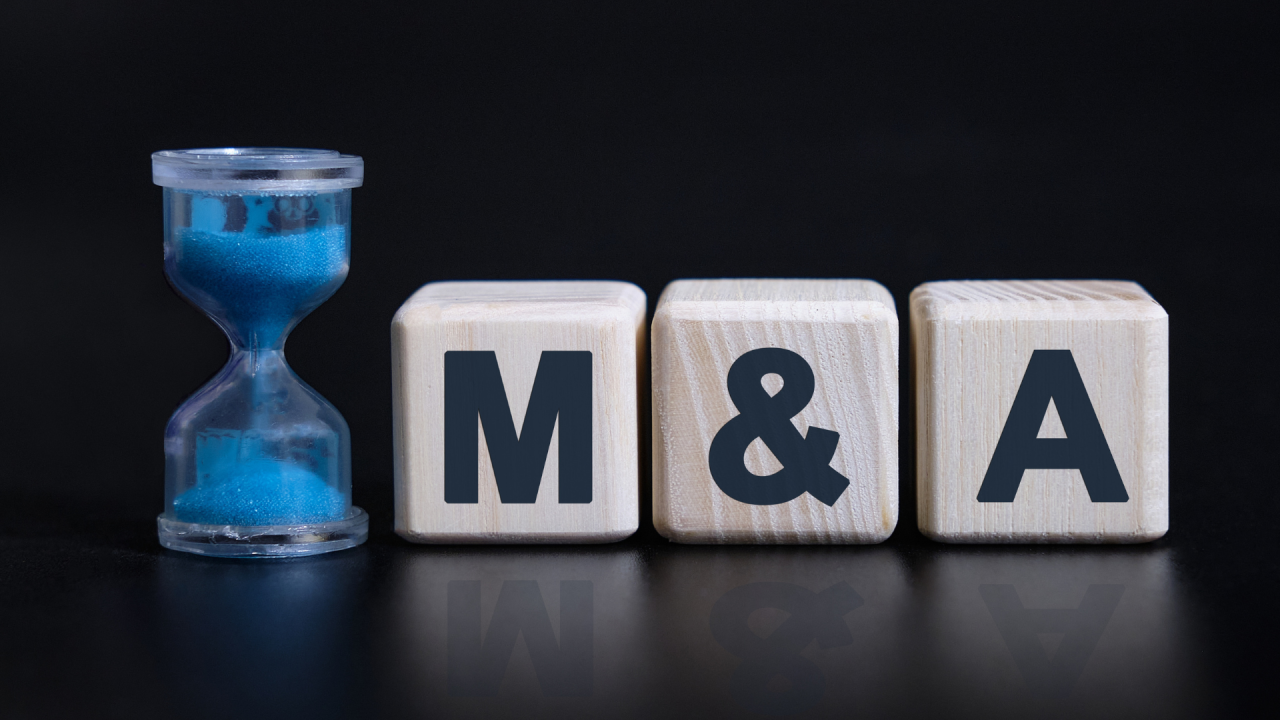Accountants’ Role in Mergers and Acquisitions: Ensuring Financial Integrity and Success
Mergers and acquisitions (M&A) is dealing with the combination of two companies or a company being bought by another. Such transactions require in-depth study and deliberate planning to make sure success makes certain success. Accountants play a central role in the M&A process, making sure of financial integrity, compliance, and advice that steers decisions. They have expertise in every phase of these transactions, starting with due diligence and ending up after there is a post-merger entity to run.
1. Due Diligence
One of the most critical roles of accountants in M&A is conducting financial due diligence. This process involves thoroughly reviewing the financial statements, tax records, liabilities, and assets of the target company. Accountants identify any financial risks, hidden liabilities, or discrepancies that may affect the transaction's valuation or outcome.
Key activities during due diligence include:
- Analyzing financial statements: Ensuring that the target company’s financials accurately reflect its performance and position.
- Evaluating cash flow: Assessing the company’s liquidity and ability to generate cash.
- Identifying liabilities: Detecting any contingent liabilities, tax obligations, or legal disputes that could affect the deal.
Accurate due diligence helps prevent costly surprises after the transaction and allows both parties to make informed decisions.
2. Valuation and Pricing
Determining the target company's worth is an essential job accountants. Whether it's cash flow calculations, price-to-earnings ratios, or comparison with comparable market participants, they employ a variety of valuation methods to arrive at a fair purchase price. Valuation influences negotiation as well as purchase price and thus helps to steer the acquiring company clear of being saddled with an expensive deal for an unsatisfactory target.
Accountants also help arrange the deal so that the acquirer enjoys maximum financial benefits--advising where to allocate the purchase price, be it cash, stock, or both.
3. Tax Implications
Tax planning is a critical aspect of M&A, and accountants play a vital role in identifying and managing tax implications. Mergers and acquisitions can trigger various tax liabilities, such as capital gains taxes, VAT, and stamp duty. Accountants help structure the transaction in a tax-efficient manner, minimizing tax exposure for both the buyer and the seller.
They also analyze the tax profiles of both companies, ensuring that any potential tax risks are addressed early in the process. This can include reviewing tax carryforwards, evaluating the tax implications of restructuring, and understanding cross-border tax complexities in international transactions.
4. Financial Reporting and Regulatory Compliance
When companies carry out M&A transactions, the financial reporting requirements tend to be quite complicated. This is especially true if one of the participants is publicly traded or they are located in different jurisdictions. Accountants see to it that not only is the transaction accurately reflected in the financial statements of both parties in accordance with IFRS or GAAP, but also that appropriate cross-references back to each other's accounting entries are made.
Accountants are also responsible for making sure that they comply with relevant regulatory bodies--for example, the SEC in the US or its equivalent in other countries. This kind of conduct can lead to significant fines and legal entanglements if it is not complied with, making regulatory compliance one of an accountant's key tasks.
5. Post-Merger Integration
After the deal is finalized, accountants play a crucial role in post-merger integration. This involves combining the financial systems, accounting procedures, and internal controls of both companies. Accountants ensure that the integration is smooth and that financial reporting remains accurate throughout the process.
Key activities during post-merger integration include:
- Consolidating financial statements: Merging the financial data of both companies to create a unified financial report.
- Harmonizing accounting policies: Ensuring that both companies follow the same accounting standards and practices.
- Monitoring financial performance: Tracking the financial health of the newly combined entity and identifying any potential issues early.
6. Risk Management and Internal Controls
M&A transactions come with inherent risks, and accountants are responsible for identifying and managing these risks. They assess the internal controls of the target company to ensure they are adequate and suggest improvements where necessary. Accountants also monitor any financial risks that may arise during the integration process, such as discrepancies in reporting or cash flow issues.
By implementing strong internal controls, accountants help prevent fraud and ensure that the financial integrity of the newly formed company is maintained.
Conclusion
Not only does the accounting profession contribute to the success of a merger or acquisition (M&A) in many ways, but they also play a pivotal role. Financial advice, auditing, evaluation and verification from accountants help support the financial aspects of an Mergers and acquisitions transaction since it's first swing up until long after that deal is signed off. Their expertise in due diligence, valuation, tax planning and post-acquisition integration is key to the success of any M&A deal. What accountants bring As enterprises grow and develop through mergers and acquisitions, accounting still holds the key to gaining financial transparency, minimizing risks and adding value in the long run.








